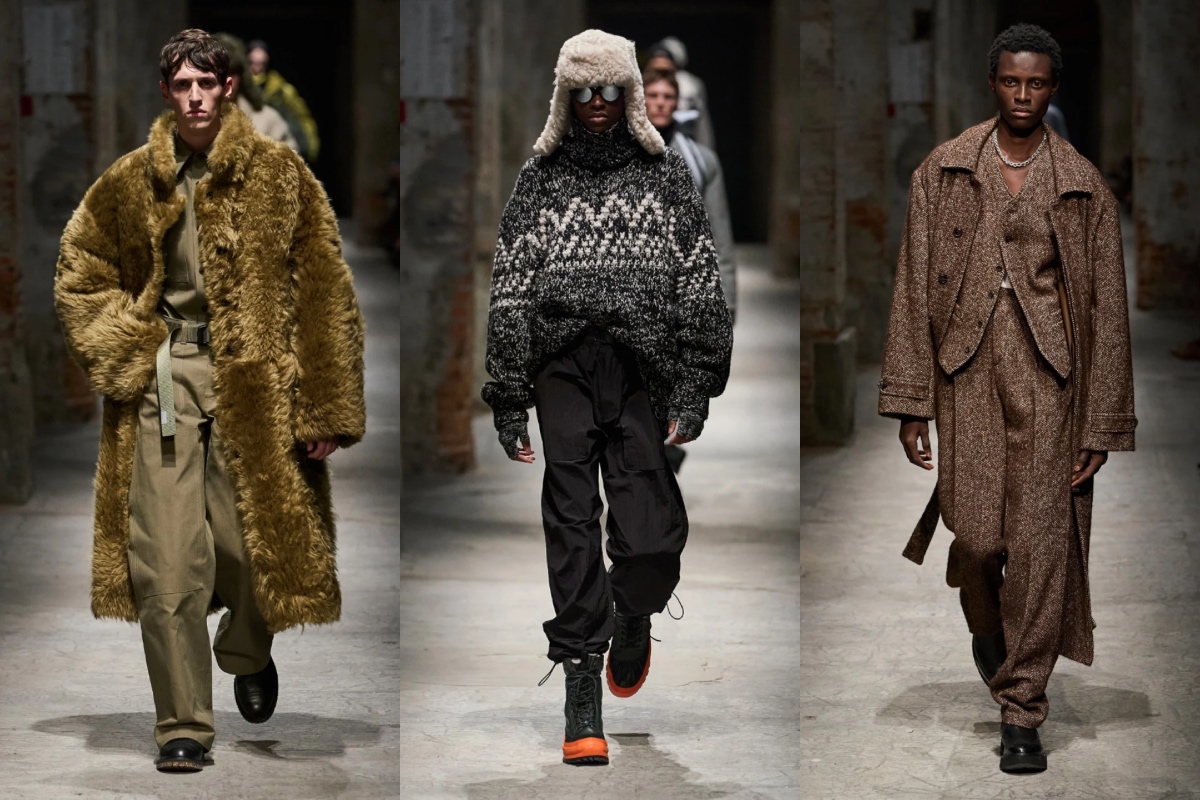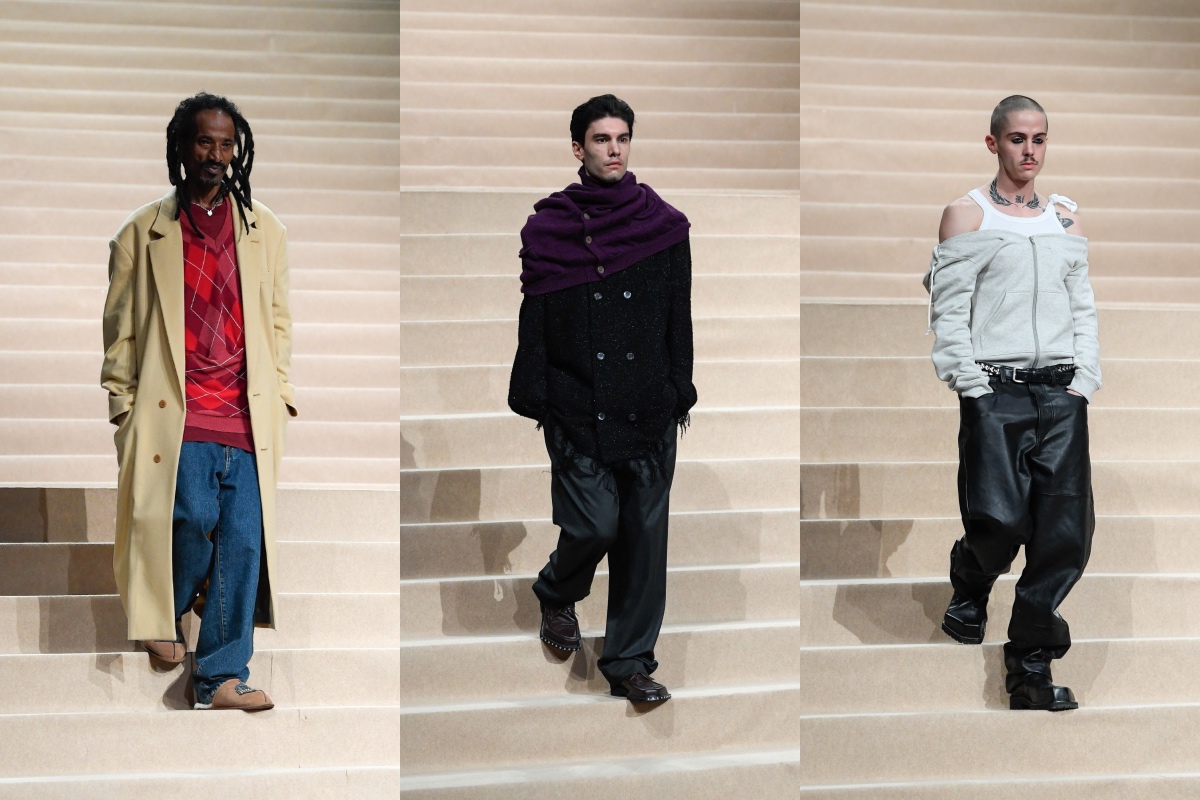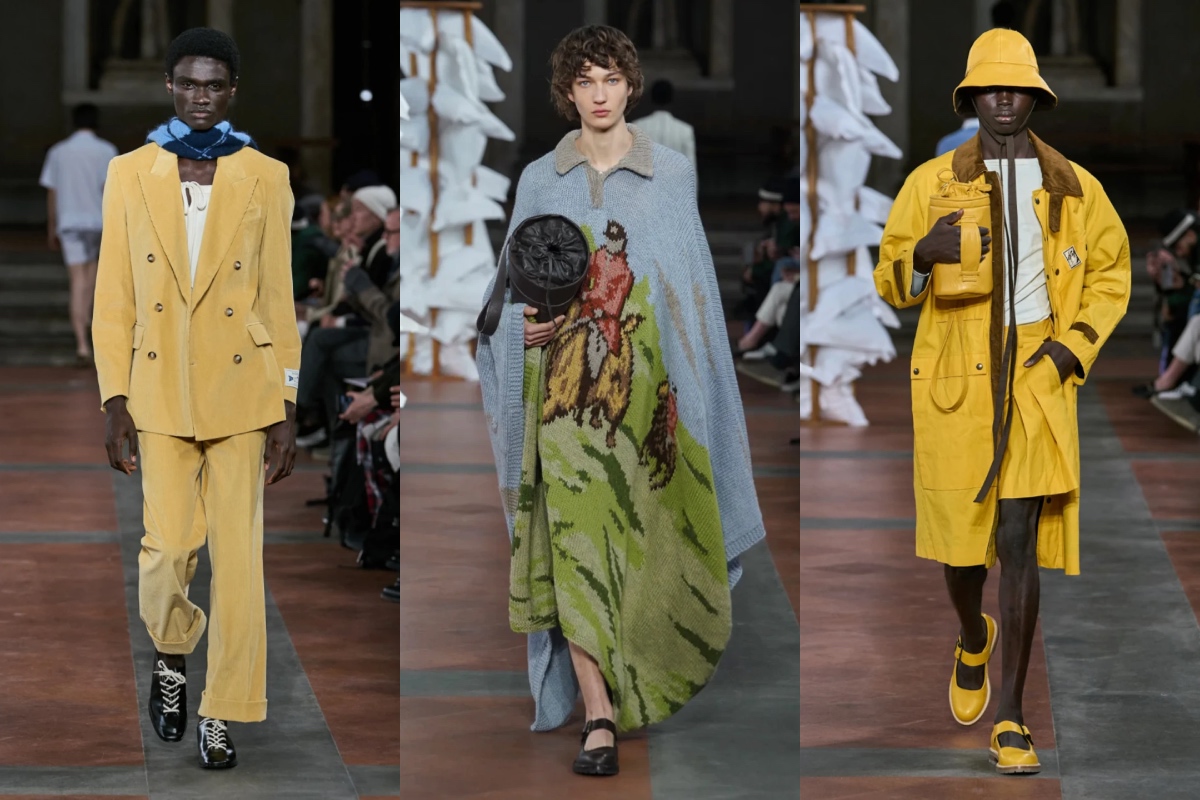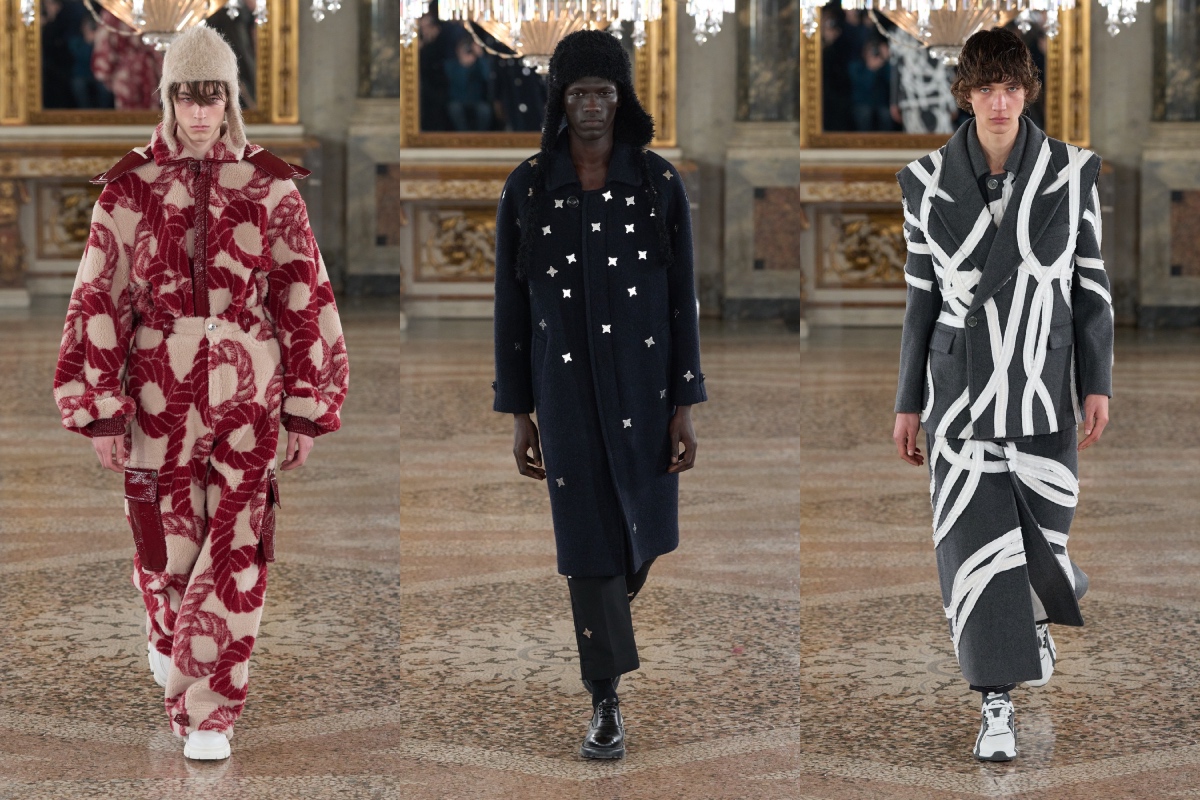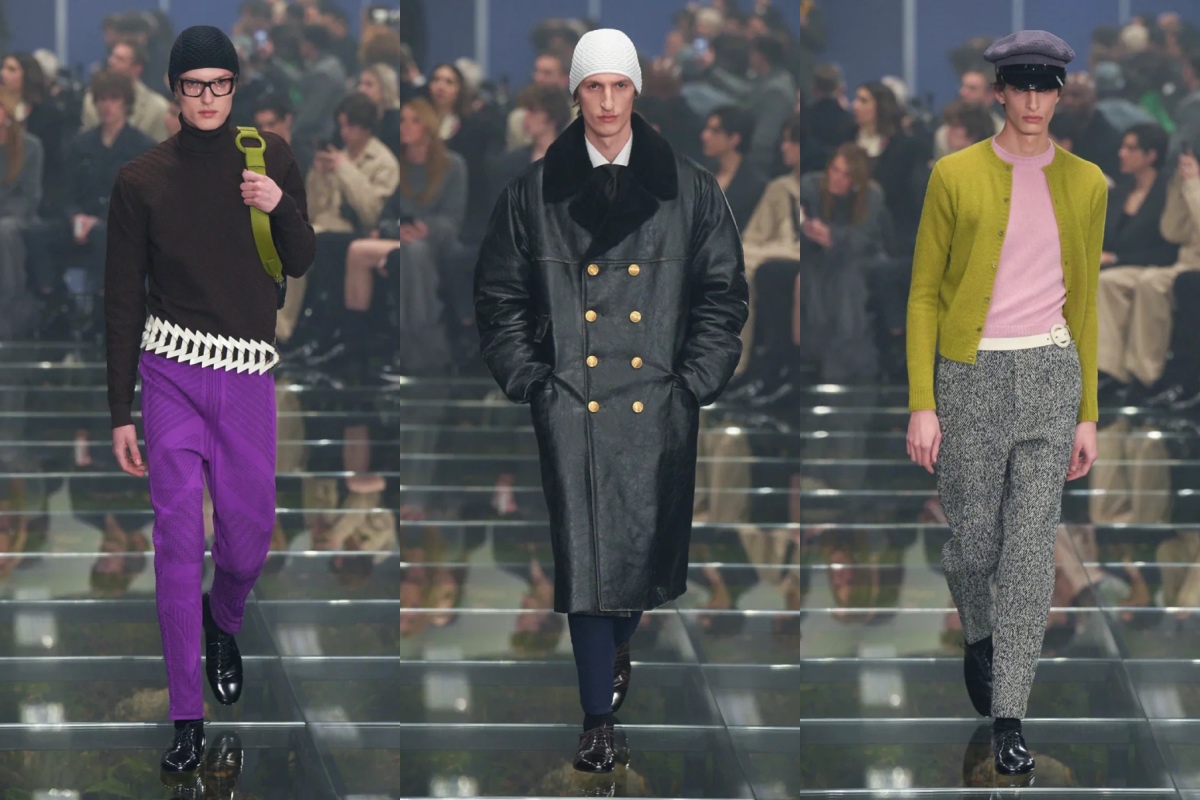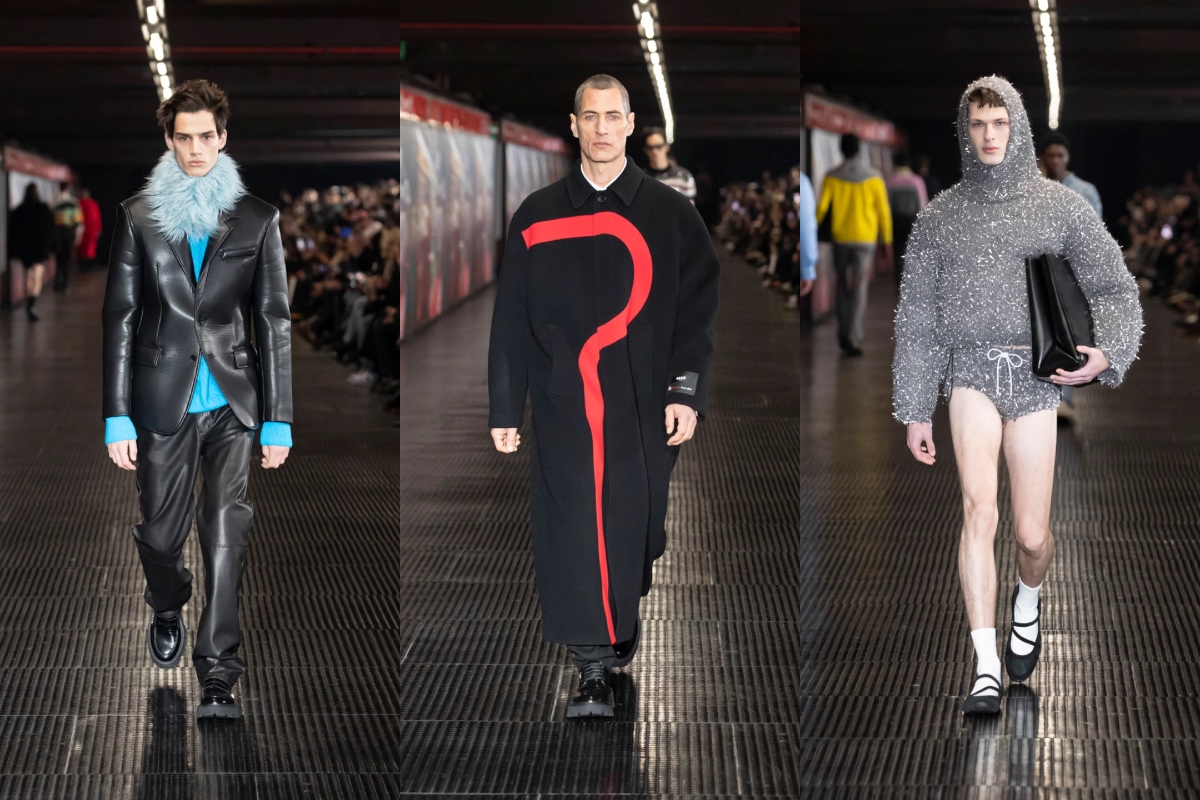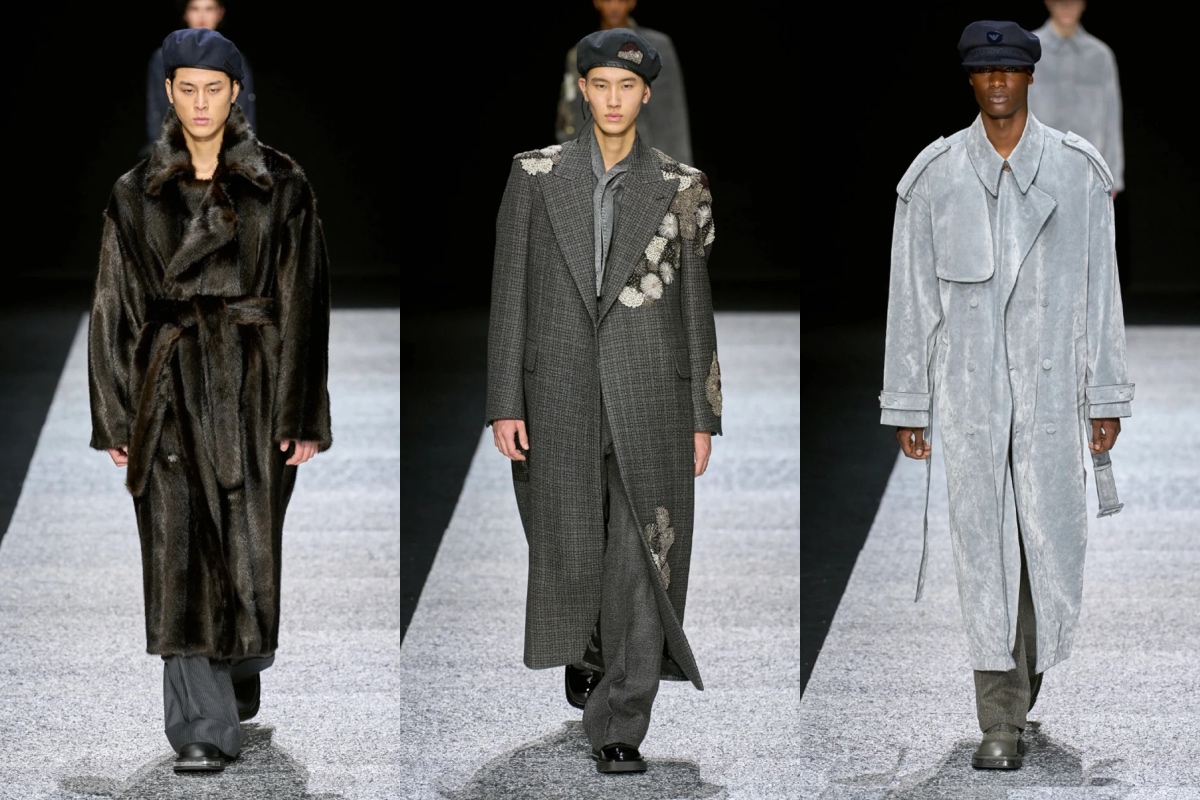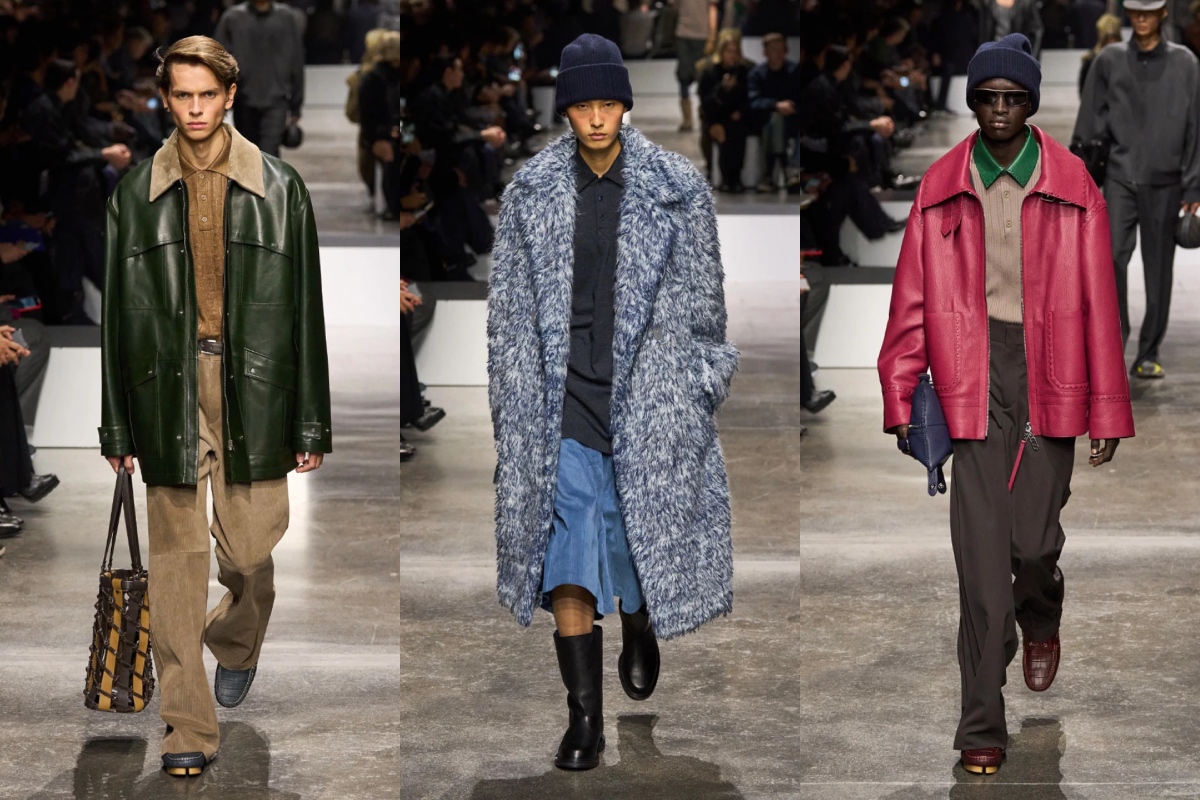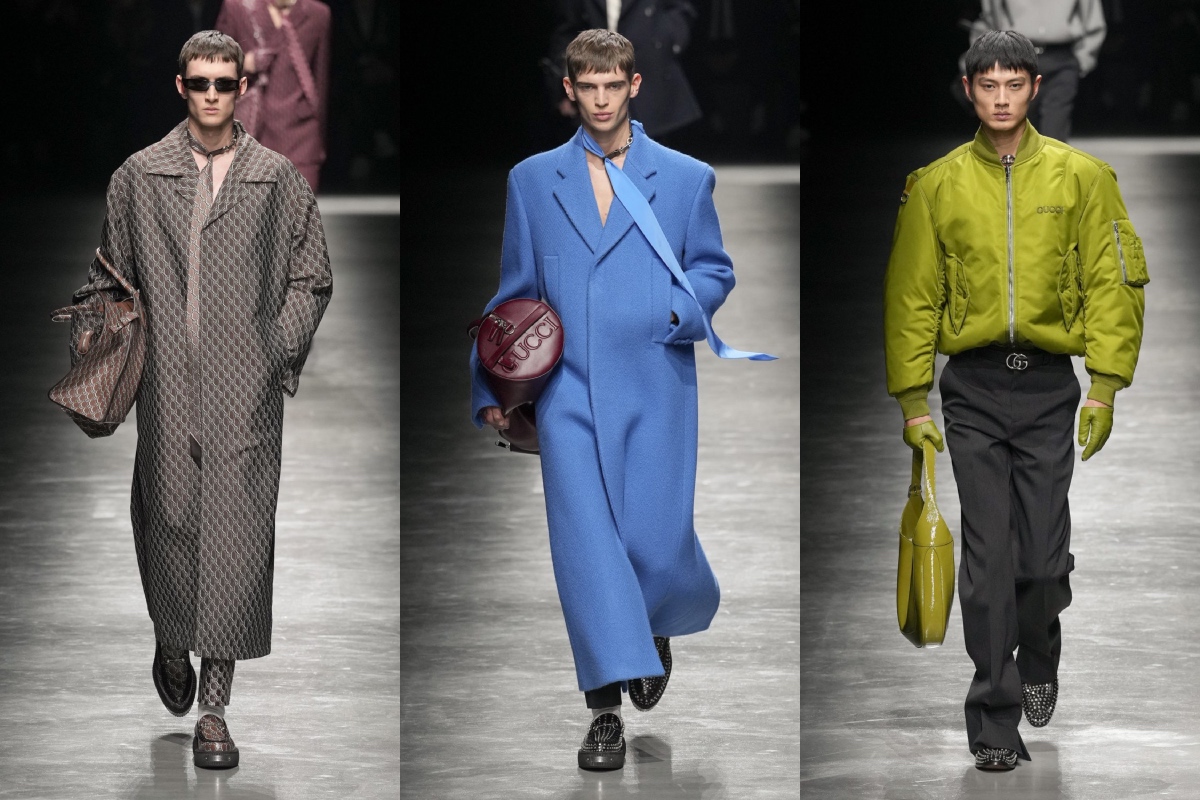Immersed in black sensibility, Brandon T. Harden pens a riveting and timely retrospective exploring rebellion’s gifting in this era.
Last December, the winter air rolled across my face as I made my way down Bushwick Avenue. I had just left a colleague’s home where we spent the evening throwing back glasses of a nameless red wine, arguing about the best moments of 2016 and resenting the reality of Hillary Clinton’s presidential defeat. Our futures seemed damp with regret, and our motivation waned, if only for that evening. Walking home seemed to take longer than usual and the night’s chill began to seep into my camel coat, crippling my steps.
At some point in the evening, Childish Gambino’s debut album Awaken, My Love! came up in our conversation somewhere between the first sip of wine and the slouchy posture that I shamelessly moulded myself into. I promised myself and my colleague that I’d listen to it as I desperately needed something to disrupt the melancholy that I had been feeling the last few days. As I secured the wool gloves to my shivering hand, I shrugged and reached for my headphones to give Awaken, My Love! a first listen. With the first note of the first song, I instantly knew that this creative offering was more than a characterless, heard-it-all-before, kind of thing. As I continued down the avenue, I reflected on my experiences as a black millennial and pondered about what the New Year would bring. If Awaken, My Love! was any indication of 2017, I knew that the next year would be a particularly prolific time for young black people like myself all over the world. Listening to the album on my walk home restored my sense of hope. It rebelled against societal structures—eliminating the “white gaze”, as Toni Morrison would say—while simultaneously delivering an uncompromising nod to Afrofuturism. In a sense, it served as a summoning to call up love for my blackness, an invocation of authenticity—which meant rebelling against expectancy and perception. It evoked a rebellion against the rhetoric referred to as “respectability politics”, the expectation of how we are supposed to speak, look, think and carry ourselves. The album awakened me; it stirred up a new standard for the way I expected to be treated. Looking to 2017, I knew it would be a year where young black people would be “woke”, and it undoubtedly was.
“… the black millennial aesthetic teased this gravitational pull of rebellion that elicited a more disruptive tone of blackness.”
Awaken, My Love! heralded a year of unparalleled heights of black creativity and ingenuity, but additionally and unfortunately, saw some of the same plights from decades before. The album, and more broadly, the black millennial aesthetic teased this gravitational pull of rebellion that elicited a more disruptive tone of blackness. Childish Gambino and other artists like Solange sermonised messages of self-love paired with resistance. Their songs reminded us to “stay woke”, acknowledging that some of us were dozing. The theme of “wokeness” was apparent throughout the black sensibility of 2017. Through this newly redefined rebellious nature, people of colour sought to be seen as equal, to attack issues that plagued our progression, to be treated fairly, to defend ourselves openly and to love ourselves as earnestly as we can. 2017 saw an awakening of the innately embedded greatness in our culture.
From the riveting Twitter debates of #TeamIssa vs #TeamLawrence vs #TeamTasha to witnessing the metamorphosis of Gucci Mane, 2017 reminded me that black people set the tone for coolness. Think about it for a second: everywhere there was blackness; there was excellence. The silver screen gave us I Am Not Your Negro, Get Out, Moonlight, Hidden Figures and Girls Trip—which all opened to critical praise. We witnessed our people continue to carve out spaces, untouched by blackness, such as the appointment of the first black editor of British Vogue and then the appointment of the first black female publisher of said title. We saw a majestic all-black Pirelli Calendar. We witnessed Tiffany Haddish become the first black female comic to host Saturday Night Live. We saw Andrea Jenkins became the first openly transgender black woman elected to Minneapolis city council in the U.S. and Munroe Bergdorf become the first transgender model to front a L’Oréal campaign. We cheered more when Bergdorf spoke out against racism and stood by her protest. In 2017, our presence was acknowledged and the value of our offering undeniably affirmed.
Indeed the Black Power movement of the 1960s and 1970s reshaped itself for our modern times. The gesture of taking a knee became symbolic—a vehicle for athletes and spectators alike to weigh in on the political fray, much like the iconic “Black Power” photograph of Tommie Smith and John Carlos during the 1968 Olympics. It is fair to say the Black Power Movement resurfaced with #BlackLivesMatter, not only in the US but also around the globe. Reclaiming the value of black lives transcended U.S. soil, although the Civil Rights Movement saw the most action in the states. Names like Alton Sterling and Philando Castile resonated with global blackness as seen in the #BlackLivesMatter protest in the UK. On the exterior, both movements had an association with aggression and vigilantism, which was in keeping with how black people were historically perceived once they lent their voice to the injustices and nuanced complexities that affect our community.
The present time proves that in many ways we still grapple with the same issues that were prevalent during the Civil Rights and Black Power movements. Social media and technology have heightened this awareness, making it clear we’re still fighting the same fight. White supremacy remains a foe to black excellence as seen through the national conversation around confederate statues in America. Charlottesville, Virginia became the modern bedrock of white supremacy and shook the world through the utterly unsubstantiated protest and violence that erupted there over the summer. The events in Charlottesville became an eye-opener for some who, in their naivety, believed that we lived in a “post-racial” society. The Charlottesville rally proved that hatred towards blackness had not ended. It revealed that racial perils in the United States still endures.
“Blackness and its sovereignty in 2017 became vivid and relentless.”
The philosophy of the 1960s and 1970s centred on black people seeing themselves as being human, worthy of equality and self-actualisation. Whittled down, it is clear that building self-esteem wa inherent to the ethos of the Black Power Movement as it is today for #BlackLivesMatter. Historically, black folks in the western world did not have control of their image or narrative; the world has had to rely on the depictions of blackness that were created through movies, music, law and word of mouth. Now, however, black people are starting to develop and demand authenticity and fairness for themselves and everyone around them. This happening is shown through the black glory flourishing on the AfroPunk grounds around the world through the embrace of a visible connection to Africa, the Afrocentric looks, the clothing and accessories donned at the festival, the music, the talent, the acts. This call for justice is demonstrated through the work of activists like Deray Mckennson, Shaun King and Jesse Williams. It is shown through Solange’s “Don’t Touch My Hair”. It is shown through the myriad of memes and videos circulating black Twitter. Blackness and its sovereignty in 2017 became vivid and relentless.
Since the beginning of our known history, black people have been incredibly nimble and resilient when embarking on artistic endeavours. Instinctively, we have always known how to make lemonade with life’s most sour and bitter lemons. When cornered, we push back. When silenced, we speak out. When condemned, we prosper—hence the #BlackGirlMagic and #BlackBoyJoy movements. Our ability to rebel and our history of human resilience is the product of centuries of rising beyond external circumstances. Simply put, attempts to outdo black folks can keep black back but cosmic order cracks the whip and disrupts such evil endeavours.
Today the beginnings of a modern Civil Rights movement that embraces the tenets of the 1960s and 1970s is unfolding. Amid the perils of the Trump presidency, which include modern racism, immigrant oppression and a lack of empathy, black people continue to thrive. From every mother creating brighter opportunities for their children to every father teaching their sons how to be strong black men, there is no shortage of black effort. There is no cultural deficit that must be overcome. This has been a year where we embraced ourselves and blackness clapped back, affirming the words of Nina Simone, that “to be young, gifted and black is where it’s at!” Today the thought leaders that came before are being channelled. In some way, shape or form we emulate Amiri Baraka, Angela Davis, Assata Shakur, Carter G. Woodson, Chinua Achebe, James Baldwin, Huey P. Newton, Marcus Garvey, Nikki Giovanni, Rita Dove, Sonia Sanchez, and all the nameless, faceless (s)heroes who courageously fought so that we’d have a platform to reference and build upon. Today, more than ever, our history is being remembered, and as for our future, the fashioning of a new narrative has begun. We are now more awake, we are now more ready, we are now more connected, and all of this can be credited to the gift, the product of and the blessing that is rebellion.
This story is taken from Sagaboi’s first book Come Through, on shelves February 2018. Order HERE.

